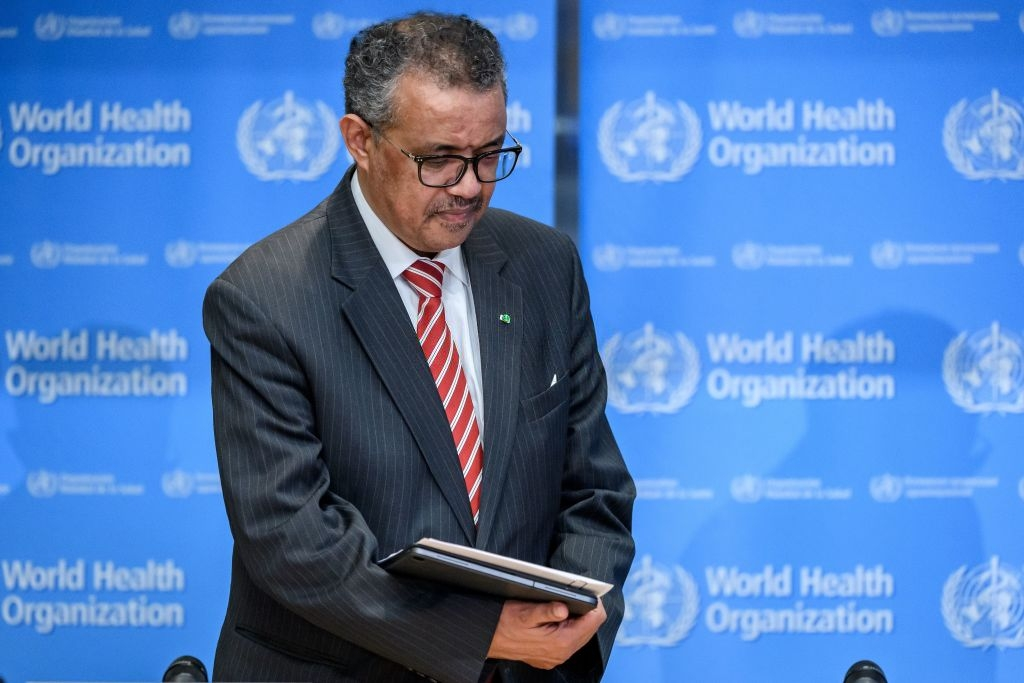WHO Director Tedros Adhanom warns about the risks of easing lockdowns early

World Health Organisation Director General Tedros Adhanom addressed the current global situation on coronavirus and highlighted some key facts that may be worrying like he said that countries that eased lockdowns are now seeing new cases.
Over the past week, several countries have started lifting stay at home orders and other restrictions in a phased way. Countries put these stringent measures in place, sometimes called lockdowns, in response to the intense transmission.
“Many have used the time to ramp up their ability to test, trace, isolate and care for patients, which is the best way to track the virus, slow the spread and take pressure off the health systems.” Tedros said.
He also mentioned that countries are overcoming the pandemic outcomes up to an extent as a piece of positive news.
“The good news is that there has been a great deal of success in slowing the virus and ultimately saving lives.” World Health Organisation Director General said on Monday.
He finally addressed the relapse of a number of cases in some countries around the world.
Over the weekend we saw signs of the challenges that may lie ahead. In the Republic of Korea, bars and clubs were shut as a confirmed case led to many contacts being traced. In Wuhan, China, the first cluster of cases since their lockdown was lifted was identified. Germany has also reported an increase in cases since an easing of restrictions.”
“Fortunately, all three countries have systems in place to detect and respond to a resurgence in cases.” Tedros said.
“COVID-19 has exposed the uneven distribution of life-saving medical equipment across the world. Tomorrow, the Tech Access Partnership will be launched to increase local production of essential health technologies – like masks and ventilators – in developing countries. This new partnership is another great example of solidarity that builds on the solidarity flights, solidarity trials and Access to COVID-19 Tools Accelerator, which all aim to ensure the latest health innovations are reaching those communities that need them most”






